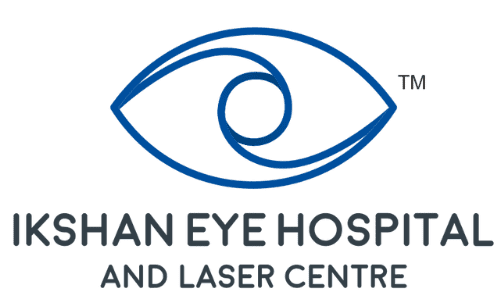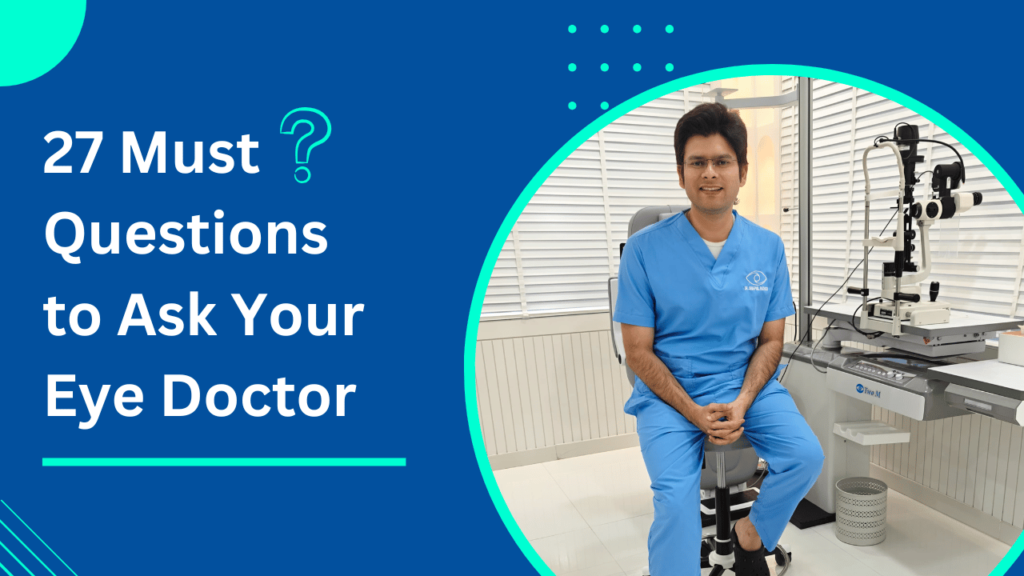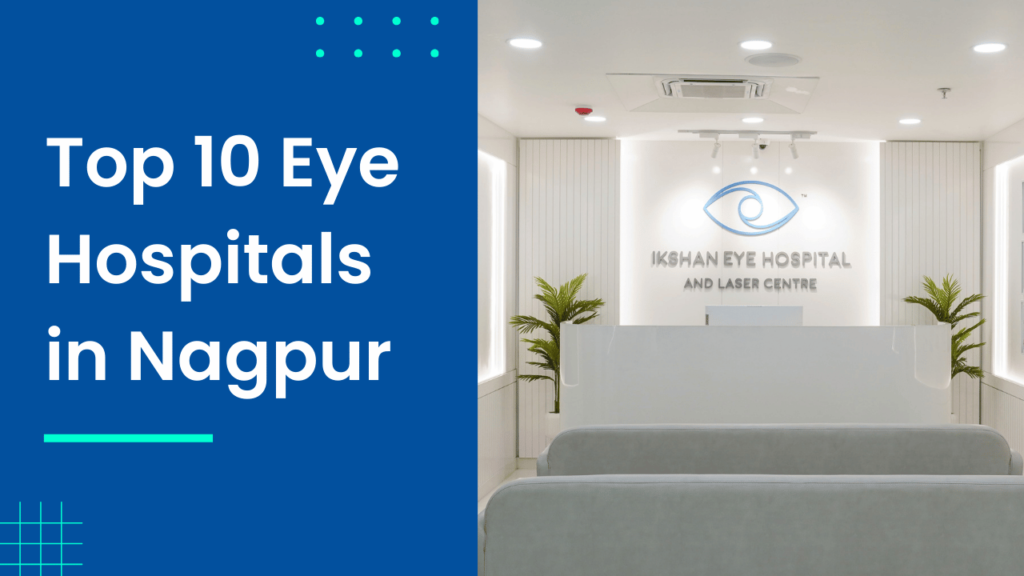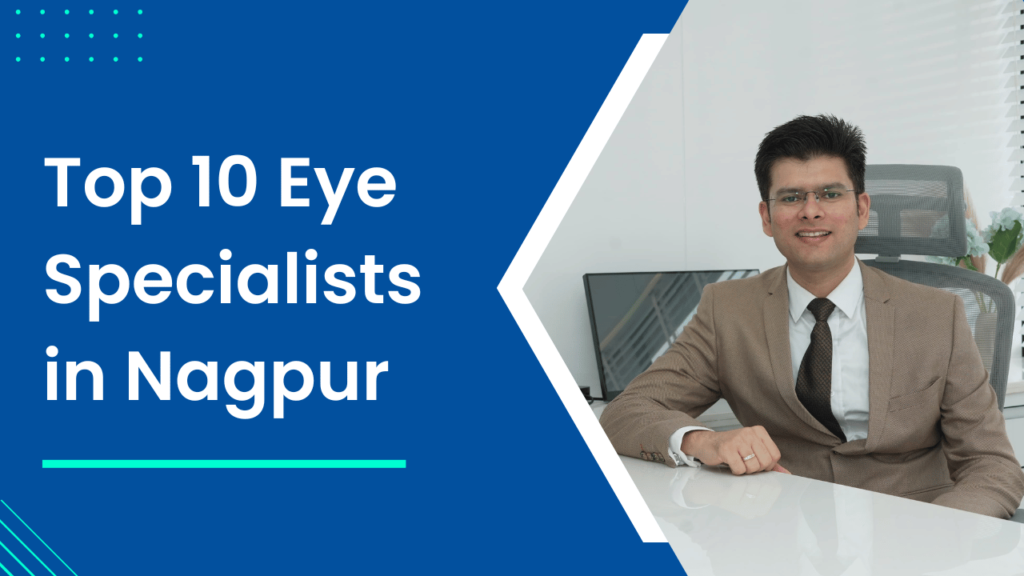Have you ever walked out of an eye doctor’s appointment only to realize you forgot to ask the questions that truly matter?
You’re not alone. Studies show that 60% of patients leave their eye appointments without fully understanding their diagnosis or treatment plan.
In 2025, when eye care technologies and treatments are advancing rapidly, skipping essential questions can mean missing out on the best care for your vision.
That’s why we’ve compiled the 27 must questions to ask your eye doctor during your next visit.
These questions will empower you to make informed decisions about your eye health, ensure you’re aware of the latest treatments, and help you get the most value out of every consultation.
On a personal note, I once hesitated to ask my eye doctor about LASIK surgery, only to discover years later that I was an ideal candidate.
That conversation could have saved me years of relying on glasses. Now, I never leave a visit without asking all my questions, no matter how small they seem.
In this guide, we’ll walk you through the important must need questions to ask your eye doctor in 2025, ensuring you’re equipped with the knowledge to protect and enhance your vision.
Let’s dive in—your eyes deserve it!
Here’s the Important Questions to Ask Your Eye Doctor
General Eye Health Questions

Your journey to better vision starts with understanding the basics of eye health. Asking the right questions during your appointment ensures you stay informed and proactive about your eyes’ well-being.
1. Are my eyes healthy overall?
This question helps you understand the current state of your eyes. Even if you’re not experiencing noticeable symptoms, your doctor can assess your retina, cornea, and eye pressure for subtle signs of issues. Staying updated on your eye health gives you confidence and helps catch any concerns early.
2. Are there any signs of eye diseases or conditions I should know about?
Many eye diseases, like glaucoma and cataracts, develop quietly. By asking this, you gain clarity on potential risks and ensure early detection. Your doctor can guide you on prevention or timely treatment options, safeguarding your vision for the future.
3. How often should I schedule an eye exam?
Eye exam frequency varies based on your age, lifestyle, and medical history. Discussing this with your doctor ensures you receive personalized care, tailored to your specific needs.
Vision and Corrective Lens Questions

Your vision is ever-evolving, and ensuring your corrective lenses or treatments align with your needs is vital. Asking these questions helps keep your eyesight clear and your options open for advanced care.
4. Has my vision changed since my last visit?
Regular checkups are key to tracking any shifts in your prescription. Changes in vision can impact everything from reading to driving, so understanding these adjustments ensures your glasses or contacts support your daily life effectively. Even subtle changes can affect eye strain or clarity, making this question essential.
5. Am I a candidate for LASIK or other vision correction procedures?
Advanced vision correction options like LASIK are increasingly popular in 2025. If you’re tired of glasses or contacts, this question opens up discussions about eligibility. Your eye doctor will evaluate your eye health, corneal thickness, and other factors to determine if these life-changing procedures are right for you.
6. Are my current glasses or contact lenses still suitable for me?
Prescriptions can expire, and your lenses might not be as effective or comfortable as before. This question ensures your eyewear matches your current vision needs while also addressing comfort and durability. An up-to-date prescription can significantly improve your overall quality of life.
Eye Disease and Risk Factors

Understanding your risk for eye diseases and knowing how to protect your vision is crucial for maintaining long-term eye health. These questions help you stay informed about preventive care and early warning signs.
7. Am I at risk for any specific eye diseases?
Many eye diseases, like glaucoma, macular degeneration, or diabetic retinopathy, are influenced by genetics, age, and lifestyle. By asking this question, you can learn about your unique risk factors and receive personalized advice on monitoring and reducing them. If you have a family history of eye conditions, this is an especially important conversation to have with your doctor.
8. Are there lifestyle changes I can make to protect my vision?
Small adjustments in your daily habits can make a significant difference in preserving your eyesight. Your doctor may recommend a diet rich in omega-3s, regular breaks from screens, and consistent use of UV-blocking sunglasses. Taking proactive steps today can help delay or prevent vision problems in the future.
9. What are the symptoms of common eye conditions I should watch for?
Recognizing the early signs of eye conditions can lead to timely treatment and better outcomes. Symptoms like blurry vision, frequent headaches, or seeing halos around lights might indicate an issue. Discussing these warning signs with your doctor empowers you to seek help as soon as symptoms appear.
Treatment and Technology Questions

In the rapidly evolving field of eye care, understanding the latest treatments and technologies can greatly enhance your eye health. These questions help ensure you’re aware of the most effective, up-to-date solutions available.
10. What are the latest advancements in eye care treatments?
The world of ophthalmology is constantly evolving, and new breakthroughs in treatment can offer better outcomes. Ask your eye doctor about cutting-edge technologies like artificial intelligence for diagnosing eye diseases, robotic surgeries for precision in cataract removal, or advances in LASIK procedures that improve vision correction with minimal recovery time. Staying informed about these advancements means you have access to the best care possible.
11. Are there new medications or therapies that could benefit my condition?
For progressive eye conditions like glaucoma, dry eyes, or macular degeneration, new medications and therapies are constantly being developed. These treatments can help slow the progression of these conditions or improve symptoms significantly. Asking this question ensures you’re exploring all available options for managing your eye health and receiving the most effective care.
12. Can you explain the results of my eye tests in detail?
Your eye test results provide valuable information about your vision and eye health. However, these results can sometimes be complex. It’s important to have your doctor explain them in detail, ensuring that you fully understand your eye health status and any necessary treatments. This clarity can help you make informed decisions about your eye care and next steps for treatment.
Pediatric and Family Eye Care Questions

Eye care isn’t just for adults; it’s a lifelong journey that begins in childhood. Ensuring your child’s eyes are healthy is critical for their overall development and academic success. Here are some essential questions every parent should ask their eye doctor about pediatric and family eye care.
13. When should my child have their first eye exam?
The ideal age for a child’s first eye exam is six months, followed by a visit at three years old and another before starting school. Early exams detect potential issues like amblyopia (lazy eye) or strabismus (crossed eyes), which are more manageable when caught early. Regular checkups help monitor changes in vision and ensure healthy development.
14. Are there any specific concerns about screen time for children?
Excessive screen time can strain young eyes, leading to digital eye strain or discomfort. The 20-20-20 rule—taking breaks every 20 minutes—helps alleviate strain. Proper lighting and screen positioning also play a crucial role in minimizing harm.
15. What are the signs of vision problems in children?
Symptoms like squinting, eye rubbing, difficulty reading, or misaligned eyes can indicate vision issues. Recognizing these early and consulting an eye specialist ensures timely intervention for your child’s vision health.
Emergency Eye Care Questions

Eye emergencies can arise unexpectedly, requiring immediate attention to prevent long-term damage. Knowing how to respond promptly in such situations can make all the difference. Here are critical questions to help you prepare for eye-related emergencies.
16. What should I do in case of an eye injury?
For injuries like scratches, chemical exposure, or foreign objects, immediate action is vital. Rinse the eye with clean water if exposed to chemicals, but avoid rubbing or applying pressure. In cases of severe pain or persistent symptoms, seek medical attention promptly. Quick response can prevent complications and preserve vision.
17. How can I recognize symptoms of a retinal detachment?
Symptoms like sudden flashes of light, an increase in floaters, or a shadow descending over your field of vision may signal retinal detachment. This condition is a medical emergency that requires immediate evaluation and treatment to prevent permanent vision loss.
18. When should I seek immediate attention for eye pain?
Eye pain accompanied by redness, blurred vision, or light sensitivity could indicate serious conditions like infections or increased eye pressure. Don’t delay—consult an eye specialist immediately to identify and treat the underlying issue.
Eye Care for Aging Adults

As we age, our eyes undergo significant changes that can affect vision and overall quality of life. Staying informed about age-related eye issues is essential for maintaining good eye health and making proactive decisions. Below are essential questions tailored to the needs of aging adults.
19. What are the most common eye problems for people over 60?
Aging adults frequently face conditions like cataracts, glaucoma, and macular degeneration. Cataracts can cloud vision over time, while glaucoma may lead to gradual vision loss if untreated. Macular degeneration affects central vision, impacting daily activities like reading or driving. Regular eye exams can help in early detection and effective management.
20. How can I maintain my vision as I age?
Healthy habits like a balanced diet rich in antioxidants, wearing UV-protective eyewear, and managing chronic conditions such as diabetes can support long-term eye health. Regular eye exams help detect issues early, while supplements like omega-3 fatty acids may improve eye health.
21. Is cataract surgery the best option for me?
Cataract surgery is a highly effective and safe procedure for restoring vision. An eye doctor can assess whether surgery is necessary based on the severity of the condition and how it affects daily activities. Knowing what to expect can ease concerns and ensure a smooth recovery.
Preventive Eye Care Questions

Prevention is the cornerstone of maintaining healthy vision for years to come. By adopting simple practices and making informed choices, you can protect your eyes from strain, injury, and age-related issues. Below are essential questions to ask about preventive eye care.
22. Are there specific foods or supplements I should take for eye health?
A nutrient-rich diet is vital for good eye health. Foods high in vitamins A, C, and E, such as carrots, oranges, and almonds, can reduce the risk of conditions like macular degeneration. Omega-3 fatty acids, found in fish and flaxseeds, support overall eye function. If your diet lacks these nutrients, your doctor might recommend supplements tailored to your needs.
23. How can I reduce strain caused by digital devices?
Digital eye strain is common in today’s screen-dominated world. Follow the 20-20-20 rule: every 20 minutes, look at something 20 feet away for 20 seconds. Ensure proper lighting and an ergonomic workspace to minimize glare and discomfort.
24. Do I need protective eyewear for certain activities?
Protective eyewear is essential for shielding your eyes from potential harm. Sports like basketball or activities involving chemicals or construction debris require safety glasses or goggles. Wearing the right eyewear significantly reduces the risk of eye injuries.
Financial and Insurance Questions

Eye care can sometimes be a significant financial investment. Understanding the costs and insurance coverage options is crucial to making informed decisions about treatments and regular checkups. These questions will help you plan better for your eye care needs.
25. Does my insurance cover the recommended treatments or procedures?
Navigating vision insurance can be complex, but it’s essential to know what’s included. Ask your doctor if your insurance covers routine exams, prescription lenses, or specialized treatments like LASIK or cataract surgery. Understanding co-pays, deductibles, and out-of-pocket expenses ensures you can maximize your benefits.
26. Are there any financing options for expensive treatments?
For high-cost treatments, such as LASIK or advanced retinal procedures, many clinics offer financing plans. These may include zero-interest or low-interest installment options, making treatments more accessible. Discuss the available options with your doctor to find one that fits your financial situation.
27. How do I estimate the total cost of an eye exam and follow-ups?
Transparency in pricing is key to planning your budget. Inquire about the cost of your initial consultation, diagnostic tests, and follow-up visits. This information helps you avoid unexpected expenses and ensures that you can afford consistent care.
Why Asking Questions is Crucial for Your Eye Health
Your eye health is too important to leave to chance. Asking questions during your eye doctor appointments empowers you to take control of your vision and overall well-being. Here’s why being proactive matters:
- Better Understanding of Your Eye Health: When you ask questions, you gain clarity about your condition, treatments, and preventive measures. This ensures there are no surprises or missed details about your care.
- Early Detection of Issues: Many eye conditions show minimal symptoms in their early stages. Asking the right questions helps your doctor spot potential problems before they worsen.
- Personalized Eye Care: By engaging in meaningful discussions, your doctor can provide tailored recommendations based on your specific needs, lifestyle, and medical history.
- Confidence in Your Decisions: Being informed allows you to make better choices about treatments, surgeries, and lifestyle changes, ensuring the best outcomes for your vision.
To make the most of your visit, prepare a list of questions ahead of time, like the 27 must questions to ask your eye doctor in 2025 outlined in this guide. Taking notes during your appointment also ensures you remember key details for future reference.
Conclusion
Your eyes deserve the best care, and that starts with clear communication during your eye doctor appointments. By addressing these 27 must questions to ask your eye doctor in 2025, you’ll stay informed, empowered, and proactive about your vision health.
Regular eye exams and open conversations with your doctor are essential for maintaining clear vision and preventing long-term complications.
Book your appointment today and take the first step toward better eye care in 2025. Your future self—and your eyes—will thank you!




I had a great experience at Ikshan Eye Hospital. The staff was professional, friendly, and made me feel comfortable from the moment I walked in. The doctors are knowledgeable and took the time to explain my eye condition clearly, which really helped ease my concerns. The facilities are clean and well-equipped with modern technology, which shows their commitment to providing high-quality care. I especially appreciated how efficiently everything was handled — from the eye examination to the treatment process. I would definitely recommend Ikshan Eye Hospital to anyone looking for reliable and expert eye care.